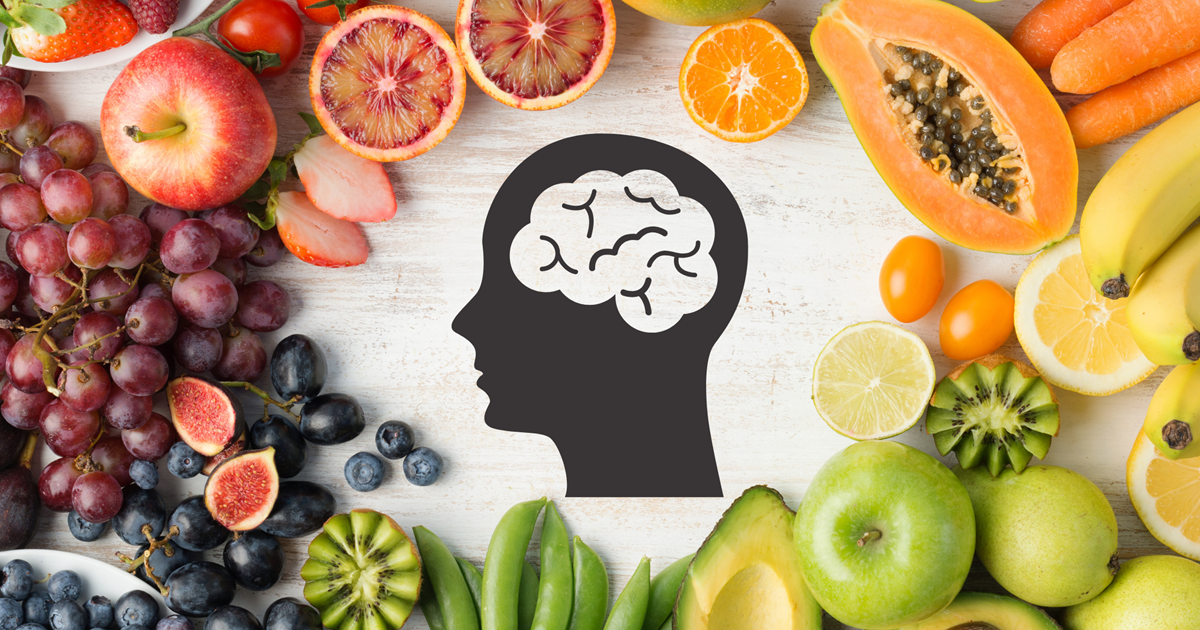
A study conducted by psychologists at Aston University in the UK delves into the intricate connection between dietary habits and mental health, revealing intriguing findings that underscore the role of fruit consumption in psychological well-being.
The research involved 428 adults, averaging 40 years in age, who underwent detailed assessments regarding their diet and psychological health. The outcomes established a compelling link between increased fruit consumption frequency and positive mental well-being, as reflected in lower depression scores and higher overall mental well-being scores. Conversely, a consistent association emerged between frequent consumption of savory snacks, notably potato chips, and elevated levels of depression and other psychological challenges, as documented in the British Journal of Nutrition.
One notable observation from the study is the emphasis on the frequency of fruit consumption as a potential determinant of psychological health, surpassing the significance of the total quantity of fruit intake per week. Intriguingly, the study did not identify a parallel connection between vegetable consumption and mental health outcomes.
Additionally, the research sheds light on a distinctive pattern among individuals favoring savory snacks, suggesting a proclivity toward "cognitive failures." These cognitive lapses encompass small mistakes in daily tasks, such as forgetfulness and difficulty recalling names, and were correlated with heightened symptoms of anxiety, stress, and depression.
Lead author Nicola-Jayne Tuck suggests the prospect of leveraging dietary changes, proposing that incorporating fruit as a snack could represent a straightforward yet impactful avenue to enhance mental well-being.
Congratulations!
You have completed the comprehension questions.
✔

.png)